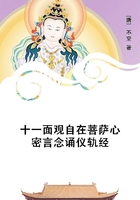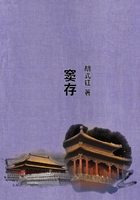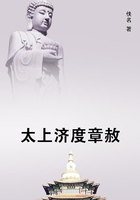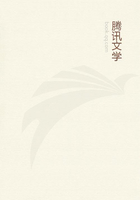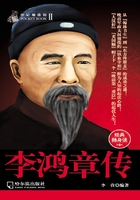The judgement of taste is differentiated from logical judgement by the fact that, whereas the latter subsumes a representation under a concept of the object, the judgement of taste does not subsume under a concept at all-for, if it did, necessary and universal approval would be capable of being enforced by proofs.And yet it does bear this resemblance to the logical judgement, that it asserts a universality and necessity, not, however, according to concepts of the object, but a universality and necessity that are, consequently, merely subjective.Now the concepts in a judgement constitute its content (what belongs to the cognition of the object).But the judgement of taste is not determinable by means of concepts.Hence it can only have its ground in the subjective formal condition of a judgement in general.The subjective condition of all judgements is the judging faculty itself, or judgement.Employed in respect of a representation whereby an object is given, this requires the harmonious accordance of two powers of representation.These are:
the imagination (for the intuition and the arrangement of the manifold of intuition), and the understanding (for the concept as a representation of the unity of this arrangement).Now, since no concept of the object underlies the judgement here, it can consist only in the subsumption of the imagination itself (in the case of a representation whereby an object is given) under the conditions enabling the understanding in general to advance from the intuition to concepts.That is to say, since the freedom of the imagination consists precisely in the fact that it schematizes without a concept, the judgement of taste must found upon a mere sensation of the mutually quickening activity of the imagination in its freedom, and of the understanding with its conformity to law.It must therefore rest upon a feeling that allows the object to be estimated by the finality of the representation (by which an object is given) for the furtherance of the cognitive faculties in their free play.Taste, then, as a subjective power of judgement, contains a principle of subsumption, not of intuitions under concepts, but of the faculty of intuitions or presentations, i.e., of the imagination, under the faculty of concepts, i.e., the understanding, so far as the former in its freedom accords with the latter in its conformity to law.
For the discovery of this title by means of a deduction of judgements of taste, we can only avail ourselves of the guidance of the formal peculiarities of judgements of this kind, and consequently the mere consideration of their logical form.
SS 36.The problem of a deduction of judgements of taste.
To form a cognitive judgement we may immediately connect with the perception of an object the concept of an object in general, the empirical predicates of which are contained in that perception.In this way, a judgement of experience is produced.Now this judgement rests on the foundation of a priori concepts of the synthetical unity of the manifold of intuition, enabling it to be thought as the determination of an object.These concepts (the categories) call for a deduction, and such was supplied in the Critique of Pure Reason.
That deduction enabled us to solve the problem: How are synthetical a priori cognitive judgements possible? This problem had, accordingly, to do with the a priori principles of pure understanding and its theoretical judgements.
But we may also immediately connect with a perception a feeling of pleasure (or displeasure) and a delight, attending the representation of the object and serving it instead of a predicate.In this way there arises a judgement which is aesthetic and not cognitive.Now, if such a judgement is not merely one of sensation, but a formal judgement of reflection that exacts this delight from everyone as necessary, something must lie at its basis as its a priori principle.This principle may, indeed, be a mere subjective one (supposing an objective one should be impossible for judgements of this kind), but, even as such, it requires a deduction to make it intelligible how an aesthetic judgement can lay claim to necessity.
That, now, is what lies at the bottom of the problem upon which we are at present engaged, i.e.: How are judgements of taste possible? This problem, therefore, is concerned with the a priori principles of pure judgement in aesthetic judgements, i.e., not those in which (as in theoretical judgements) it has merely to subsume under objective concepts of understanding, and in which it comes under a law, but rather those in which it is itself, subjectively, object as well as law.
We may also put the problem in this way: How a judgement possible which, going merely upon the individual's own feeling of pleasure in an object independent of the concept of it, estimates this as a pleasure attached to the representation of the same object in every other individual, and does so a priori, i.e., without being allowed to wait and see if other people will be of the same mind?
It is easy to see that judgements of taste are synthetic, for they go beyond the concept and even the intuition of the object, and join as predicate to that intuition something which is not even a cognition at all, namely, the feeling of pleasure (or displeasure).But, although the predicate (the personal pleasure that is connected with the representation) is empirical, still we need not go further than what is involved in the expressions of their claim to see that, so far as concerns the agreement required of everyone, they are a priori judgements, or mean to pass for such.This problem of the Critique of judgement, therefore, is part of the general problem of transcendental philosophy: How are synthetic a priori judgements possible?
SS 37.What exactly it is that is asserted a priori of an object in a judgement of taste.

